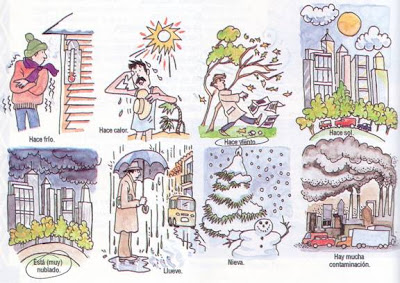Los ingredientes = the ingredients
500 gr de carne de pollo, (chicken),
2 dientes de ajo, (garlic gloves)
200 gr de tomate triturado, (tomato puree)
350 gr de arroz, (rice)
una cebolla (an onion)
250 gr de calamares, (calamari)
8 langostinos, (king prawns)
250 gr de mejillones (mussels),
50 gr de guisantes, (peas)
azafrán (safran) y sal (and salt)
aceite de oliva....olive oil
Lavar el pollo y trocearlo. Wash the chicken and cut into cubes
Lavar los calamares y cortarlos en tiritas. Wash the calamari and cut in strips
Pelar las langostinos y cocer las cáscaras y las cabezas durante 10 minutos; peel the prawns and cook the shells and the heads for 10 minutes.
Colar y reservar el caldo. Skim and keep the broth
Calentar el aceite en una paella y freír el pollo hasta que se dore; heat the oil in a frying pan and fry the chicken until it gets a nice golden brown,
agregar los calamares, add the calamari
saltear un par de minutos, cook for two minutes
y añadir la cebolla, los guisantes. and add the onion and the peas
Rehogar todo durante 15 minutos. Toss the whole lot during 15 minutes.
Incorporar el arroz, regar con el caldo caliente de las gambas , add the rice and pour the warm broth of the prawns.






